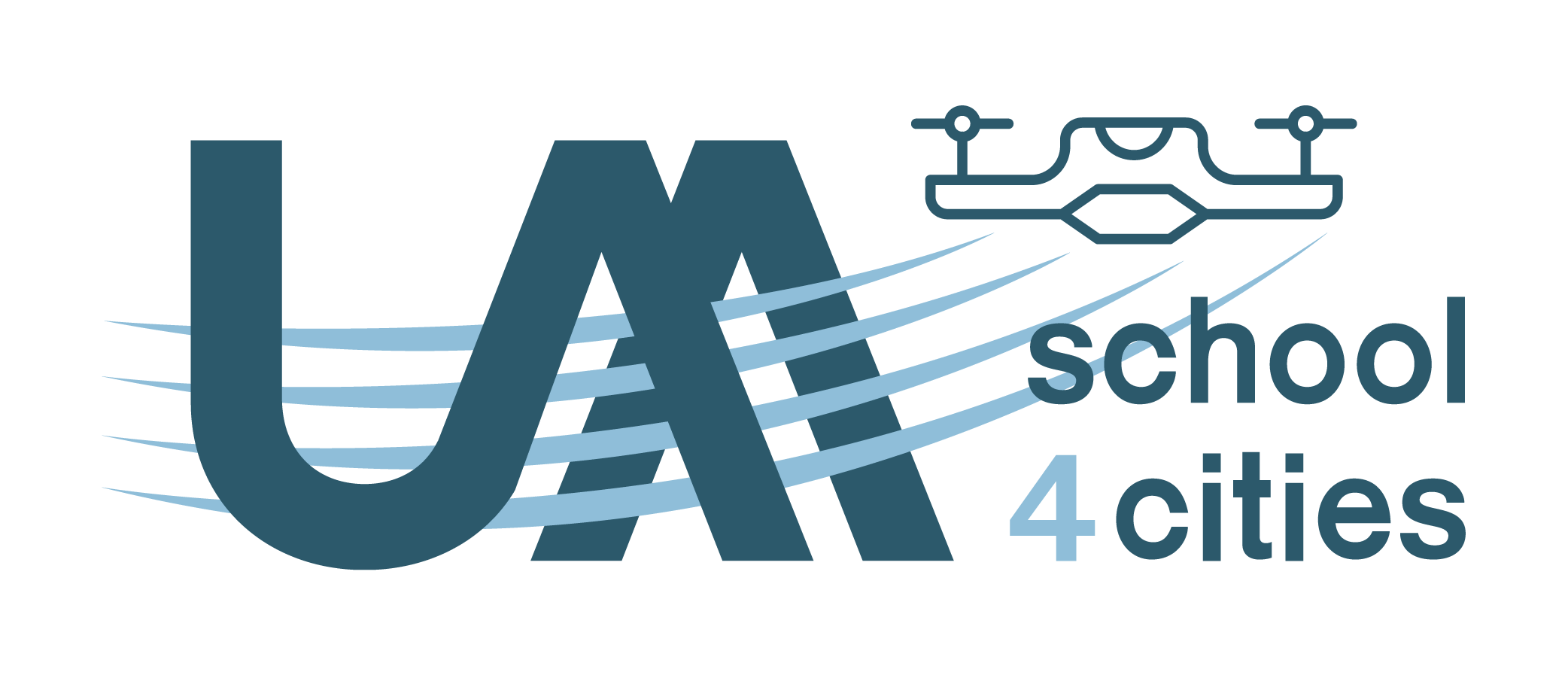Rede de Excelência de Viticultura Inteligente e Sustentável Assistida por Drones
Assistente de Investigação
The aim of the SmartVitiNet project is to (a) scale-up, pilot and bring to the market an innovative holistic phytosanitary and plant protection system based on the use of unmanned aerial vehicles, new observational platforms and new ready to use sensors, and (b) establish a Competence Center for Precision Viticulture. The proposed research will utilize complementary knowledge, experiences and infrastructure of all partners to achieve the proposed innovative results. The sustainability of the undertaking will be ensured thanks to the establishment of the Competence Centre for Precision Viticulture which aims to upskill sector professionals, create expert networks, facilitate permanent flows of knowledge transfer between academia, innovative SMEs, viticulture professionals and regional authorities to increase sector competitiveness, while enacting EU environmental policies, reducing sector health impact and risks of food pollution.
Informação do Projeto
2022-12-01
2025-11-30
Parceiros do Projeto
- BRU-Iscte
- IT-Iscte
- AUA - Líder (Grécia)
- Future Needs - (Chipre)
- HDRON - (Grécia)
- Dronint - (Chipre)
- Casa do Joa - (Portugal)
- ALMADESIGN - (Portugal)
- Ramilo Wines - (Portugal)
- Agroecologia - (Grécia)
- AWC - (Portugal)
- WALTR - (França)
Urban Air Mobility School for Cities
Bolseira
Over the past few years, civil applications of Drones or UAVs (Unmanned Aerial Vehicles) technologies have been transitioning from purely industrial applications to commercial ones and their impact on transport operations can no longer be ignored. The concept of Urban Air Mobility (UAM) has been coined to describe a new type of air traffic at very low altitude. Despite the readiness of the technology, the multidisciplinary employee teams of Local Authorities are not prepared for its integration in transport plans. There are no Training Programs for employees of Local Authorities to cultivate the required knowledge and skills to manage UAM, especially from the position of authorising, implementing and controlling UAM operations. Previous experience of Local Authorities with innovative transport services has indicated that early engagement and training of employees constitutes a key factor for the efficient integration of new technologies in transport systems.

 English
English



